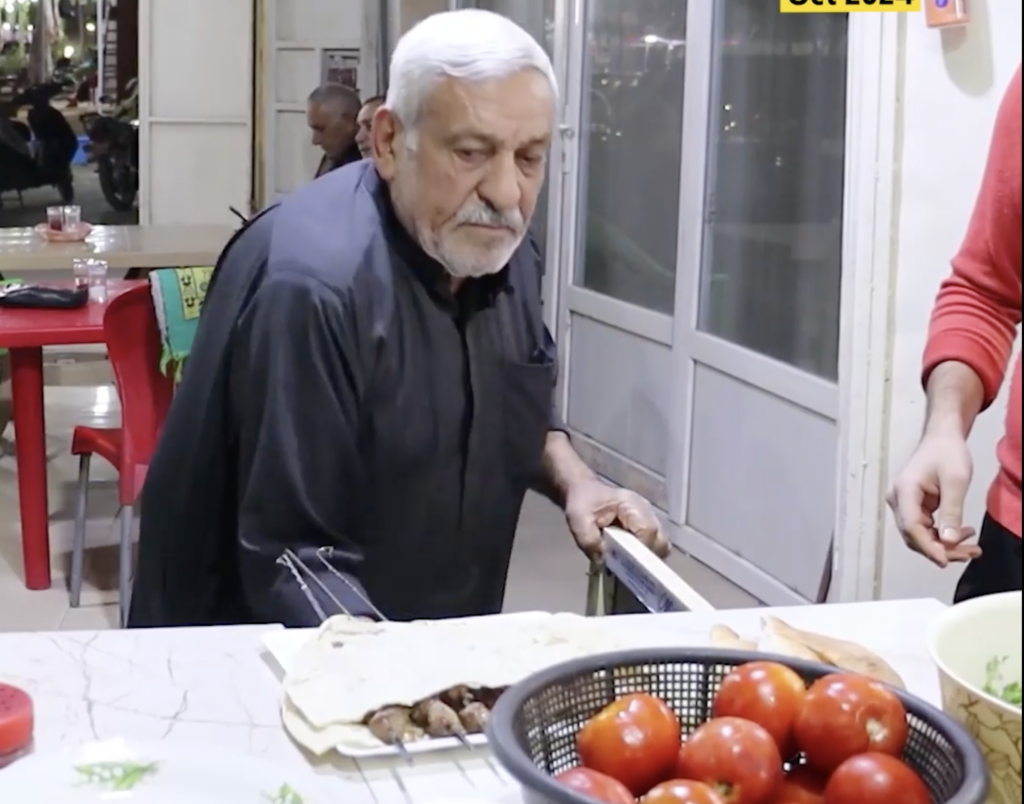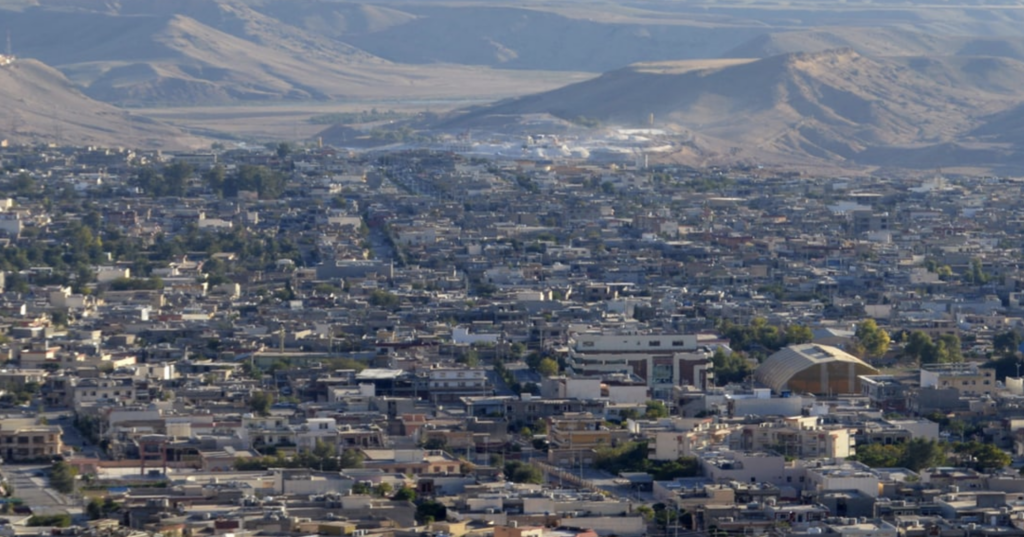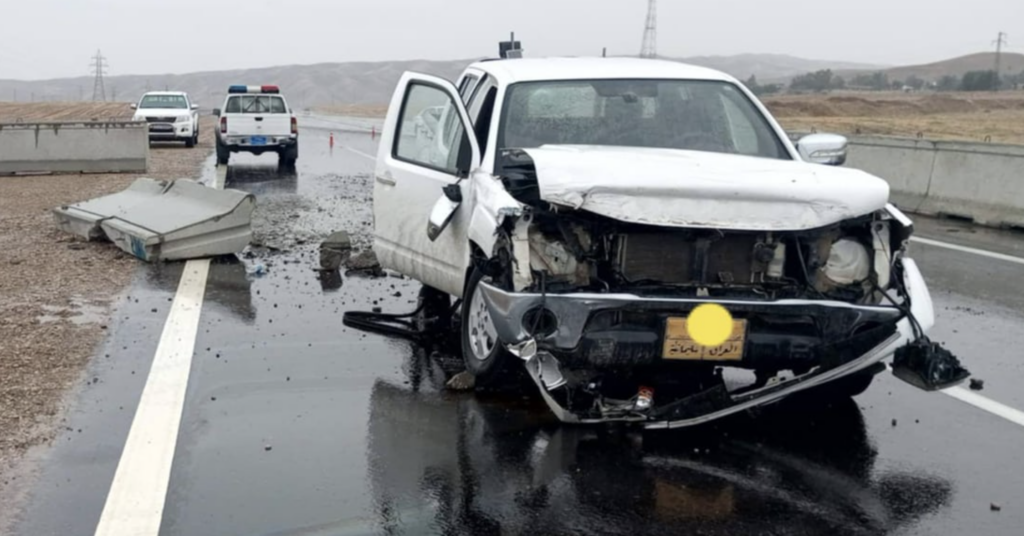Adviser warns Tehran could seize UK oil tanker if Iranian ship not released

A former senior commander with Iran's Revolutionary Guard Corps has warned it would be Tehran's "duty" to seize a British oil tanker if the Iranian tanker being held in Gibraltar is not released.
The vessel was stormed by British Royal Marines and Gibraltar port and law enforcement agencies in the early hours of Thursday morning as it was believed to have been carrying oil to Syria, in possible violation of European Union sanctions.
Mohsen Rezaee, who is currently Secretary of the Expediency Discernment Council -- an advisory body to Iran's Supreme Leader -- tweeted that "if the UK does not release the Iranian oil tanker, our officials are duty-bound to reciprocate and seize a British oil tanker."
Rezaee previously served as commander of the IRGC and it is unclear if he's currently involved in military decision making.
The British Foreign and Commonwealth Office told CNN it had no comment, at the moment, in response to the tweet.
Gibraltar's government said in a statement Friday that it is extending the detention of the supertanker by 14 days after obtaining an order from the British territory's Supreme Court.
"The Supreme Court has issued today's order on the basis that there are reasonable grounds to consider that the detention of the Grace 1 is required for the purposes of compliance with the EU Regulation 36/2012 on sanctions on Syria," the statement said.
On Thursday Gibraltar's chief minister Fabian Picardo said territory authorities had reason to believe the Grace 1 "was carrying its shipment of crude oil to the Baniyas Refinery in Syria."
He added that the refinery "is the property of an entity that is subject to European Union sanctions against Syria."
The EU imposed a number of financial, trade and transport sanctions against Syrian President Bashar al-Assad's regime in 2011 in response to "the continuing brutal campaign" against its own people.
The Syrian government has yet to respond to the incident.
A senior Iranian Foreign Ministry official and Spain's acting foreign minister Josep Borrell both said the United States had asked the UK to intercept the ship.
However, Gibraltar's government said in a statement that there was "no political request at any time from any government" that the vessel should be detained.
"The decisions of Her Majesty's Government of Gibraltar were taken totally independently, based on breaches of existing law and not at all based on extraneous political considerations," the statement read, adding that they "were certainly not decisions taken at the political behest or instruction of any other state or of any third party."
While several online shipping trackers say the vessel was sailing under the flag of Panama, the Panama Maritime Authority (PMA) said in a statement that Grace 1's registry was canceled on May 29 after it was notified the ship may be participating or linked to financing terrorism.
"The PMA ... was notified of the international alert regarding the vessel GRACE 1, which indicated that this vessel might be participating or being linked to the Financing of Terrorism, or in support of the destabilizing activities of certain regions led by terrorist groups," the PMA said.
Seizure of vessel 'illegal,' Iran says
On Thursday the British ambassador to Tehran was summoned in Iran over the "illegal" seizure of the oil tanker, a spokesman for Iran's Foreign Ministry Abbas Mousavi tweeted.
The operation was condemned by a senior Iranian Foreign Ministry official, who called it "piracy," according to a report from the semi-official Tasnim news agency on Friday.
The official said the UK does not have the right to implement its or the EU's unilateral sanctions against other nations "in an extraterritorial manner" and called for the vessel to be released immediately after it had been seized "at the behest of the US."
Mousavi said that that Grace 1's detainment could increase tensions in the Persian Gulf, the state-run Press TV reported.
The ship is currently anchored off the coast of Gibraltar, a British overseas territory on the edge of southern Spain.
It comes at a time of heightened tensions between the US and Iran. Earlier this week, Iran announced it would stop complying with several parts of the 2015 nuclear deal that the Trump administration withdrew from last year.
On Thursday the UK's Ministry of Defence (MoD) welcomed what it called "firm action by the Gibraltarian authorities, acting to enforce the EU Syria sanctions regime."
While John Bolton, national security adviser to US President Donald Trump, also chimed in with the tweet: "America & our allies will continue to prevent regimes in Tehran & Damascus from profiting off this illicit trade," he wrote.
Tanker 'loaded Iranian oil months ago'
In mid-April, the Grace 1 loaded up with Iranian oil and turned off its tracking signals to avoid detection before sailing around the Cape of Good Hope in southern Africa to the Strait of Gibraltar, according to an article published in maritime publication Lloyds List earlier this week.
"Any tanker with Iranian crude follows a similar pattern of behavior: they do that by turning off their AIS transponder, turning it on and off in order to circumvent being tracked," Michelle Wiese Bockmann, the author of the article, told CNN on Thursday.
"They have deliberately taken measures to circumvent identifying the ship's destination, location and cargo origin."
Samir Madani, co-founder of Tanker Trackers -- which monitors vessels through satellite and maritime data -- told CNN that the Grace 1's journey around Africa took two-and-a-half months, a month longer than usual. He added that he did not believe the vessel was carrying crude oil but instead fuel oil from Iran's Abadan Refinery.
"We can also see that she is heavily laden in the water. Her hull is 22.5 meters deep, meaning that she is carrying 2 million barrels of a very heavy liquid. Heavier than crude oil," he said. "Not only that, but her previous assignments were transfers of fuel oil in Umm Qasr (Iraq) and Khor Fakkan (UAE)."
Madani also added that he believes the ship's destination was not Syria's Baniyas Refinery as the waters would be too shallow for the vessel to enter.
"Instead, we believe that the fuel oil was intended for ship-to-ship transfers to other vessels within Syria's maritime borders," Madani said.





